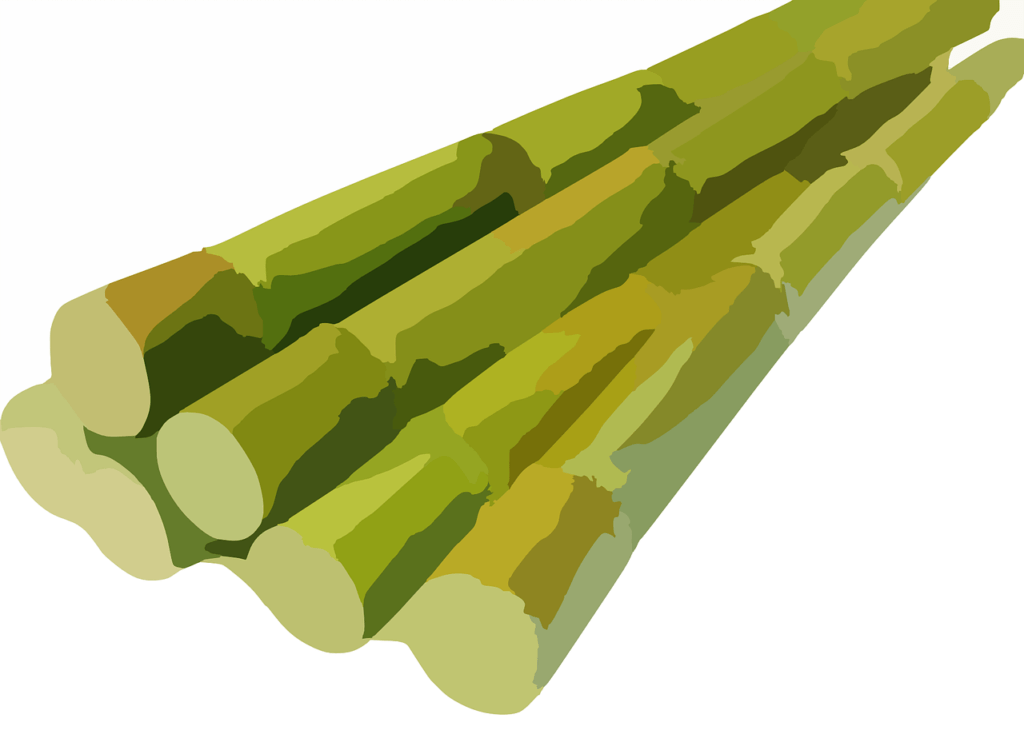Australian Sustainable Sugar Project Gets a Blockchain Push
As originally reported by FoodNavigator-Asia, the Coalition Government of Australia provided the Sustainable Sugar Project a grant of A$2.25m. The sugar industry of Australia is worth a $1.75 billion and makes the nation the third-largest exporter of sugar worldwide.
The project, led by Queensland Cane Growers, aims to implement the Smartcane Best Management Practice, using blockchain technology. The Smartcane BMP was made possible with the collaboration of researchers and farmers who agreed upon standards such as profitability, productivity, and sustainability.
A spokeswoman from Canegrowers told FoodNavigator-Asia,
“The sustainable sugar project aims to meet the needs of end-users who require sustainably produced sugar and to develop transparency around a market for that sugar. By using Smartcane BMP and blockchain technology, Canegrowers is seeking to provide provenance for our product, increase our market access and provide greater value to growers and the market.”
According to David Littleproud, an Agricultural Minister, consumers as well as food manufacturers are looking for sustainable sources of supply and want to know where the sugar comes from. Australia’s Ministry of Agriculture and Water Resources further believes that big sugar buyers will pay more for sustainable and fully-traceable food products, as they get more demand from customers.
This is where blockchain comes in. By acting as an immutable database, it is the perfect tool to keep a track of where the sugar came from. The data is not prone to edits or deletions by anyone, which gives consumers full confidence in the product that they are buying.
Blockchain has been of great significance in the area of supply chain management. Every time an item is transferred from one person to another, it can be recorded forever on the blockchain thus, removing delays, costs and the risk of human error. Recording, assigning, linking, tracking and sharing are all tasks, that can be improved with the help of this technology.
In addition to this, the Commonwealth Bank of Australia also completed a global trade experiment by shipping and tracking 17 tonnes of almonds to Germany. Distributed Ledger Technology (DLT), smart contracts and IoT were the underlying technologies used to execute this trade.
Stay informed with daily updates from Blockchain Magazine on Google News. Click here to follow us and mark as favorite: [Blockchain Magazine on Google News].
Get Blockchain Insights In Inbox
Stay ahead of the curve with expert analysis and market updates.
latest from tech
Disclaimer: Any post shared by a third-party agency are sponsored and Blockchain Magazine has no views on any such posts. The views and opinions expressed in this post are those of the clients and do not necessarily reflect the official policy or position of Blockchain Magazine. The information provided in this post is for informational purposes only and should not be considered as financial, investment, or professional advice. Blockchain Magazine does not endorse or promote any specific products, services, or companies mentioned in this posts. Readers are encouraged to conduct their own research and consult with a qualified professional before making any financial decisions. The featured image used is just a creative depiction of the title and it does not intend to hurt sentiments of any person or institution. If it hurts anyone sentiments, please do not hesitate to reach out to Blockchain Magazine.

 Bitcoin
Bitcoin  Ethereum
Ethereum  XRP
XRP  Tether
Tether  Solana
Solana  Dogecoin
Dogecoin  USDC
USDC  Cardano
Cardano  Lido Staked Ether
Lido Staked Ether  TRON
TRON  Chainlink
Chainlink  Avalanche
Avalanche  Stellar
Stellar  Wrapped stETH
Wrapped stETH  Wrapped Bitcoin
Wrapped Bitcoin  Sui
Sui  Hedera
Hedera  Toncoin
Toncoin  Shiba Inu
Shiba Inu  WETH
WETH  Polkadot
Polkadot  Parkcoin
Parkcoin  LEO Token
LEO Token  Litecoin
Litecoin  Bitget Token
Bitget Token  Bitcoin Cash
Bitcoin Cash  Uniswap
Uniswap  Hyperliquid
Hyperliquid  Official Trump
Official Trump  Wrapped eETH
Wrapped eETH  Pepe
Pepe  USDS
USDS  NEAR Protocol
NEAR Protocol  Ethena USDe
Ethena USDe  Aave
Aave  Aptos
Aptos  Internet Computer
Internet Computer  Ondo
Ondo  Ethereum Classic
Ethereum Classic  Monero
Monero  POL (ex-MATIC)
POL (ex-MATIC)  Algorand
Algorand  Cronos
Cronos  Dai
Dai  OKB
OKB  Mantle
Mantle  MANTRA
MANTRA  Render
Render 




